
Cold sores are small blisters or sores that usually break out around the mouth. These fluid filled lesions are caused by herpes simplex virus type 1. When a person first gets in contact with herpes simplex virus, the cold sore typically heals within 2 to 3 weeks. However, the virus remains dormant in the facial nerves. People who already had a cold sore can usually notice when a new one is preparing to break out. The sensation is frequently described as a telltale tingling on the lip. On average, a person gets one to three attacks per year. It is estimated that more than 50 million adults in the United States develop symptomatic episodes every year. More than 64 percent of all adults in the United States are carriers of the herpes simplex virus type 1.
Symptoms of cold sores
Cold sores most frequently affect the lip area. Sometimes, they may occur in the nearby area: on the nostrils, chin, fingers or even inside the mouth. They are small and very painful blisters filled with fluid. The area around the blister is usually irritated and may appear swollen. Before the blister appears, usually one or two days preceding the blister, there is a sensation of pain and tingling in the area. Cold sores usually make simple tasks, like eating or drinking very uncomfortable. When the blister eventually breaks open, it releases the clear fluid and forms a crust. The crust will disappear in a couple of days and the wound will heal. Causes of cold sores
Herpes simplex virus type 1 usually causes cold sores. Another strain of herpes virus, herpes simplex virus type 2, usually causes genital herpes. However, both strains may provoke cold sores in the facial area or on the genitals. The person usually becomes infected during a close contact with a person who has an active lesion. The main routes of transmission are sharing eating utensils, razors and towels, as well as kissing. Oral sex is responsible for a genital form of herpes simplex virus type 1 infection.
Returning cold sores are commonly triggered by certain factors, including sun exposure, stress, fatigue, a common cold or influenza, food allergies, dental treatment, injury to the lips and gums, weak immune system, an autoimmune disease, cosmetic surgery, pregnancy or hormonal changes in women caused by the menstrual cycle. People with a weak immune system are at the highest risk of developing recurrent cold sores. Their episodes usually last longer and they may have more severe outbreaks than those with stronger immune systems.



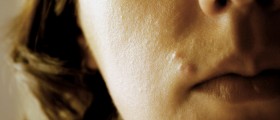
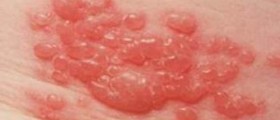

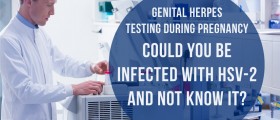
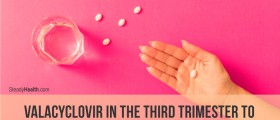

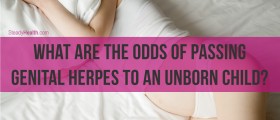

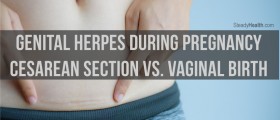
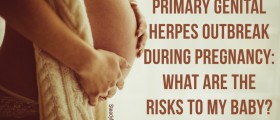
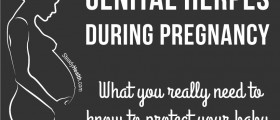
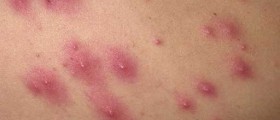


Your thoughts on this
Loading...